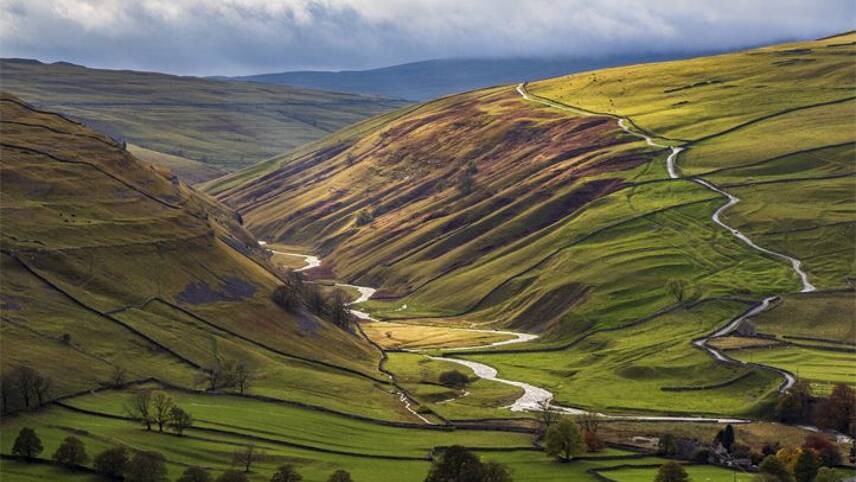Register for free and continue reading
Join our growing army of changemakers and get unlimited access to our premium content

The ENVI committee vote takes place on 29 November
The Trusts are cautioning that despite the Government’s promises to improve the state of nature during its term, growing concerns suggest that its policies may be working against its pledge to enhance the environment.
These concerns stem from a series of actions, including ongoing efforts to dilute environmental safeguards by discarding nutrient neutrality regulations, the recent decision not to give priority to species reintroduction and the enactment of the Retained EU Law Act, which grants the Government the authority to rescind or weaken environmental laws without parliamentary oversight.
Furthermore, essential policies including Biodiversity Net Gain, a Chemicals Strategy, and a comprehensive review of the National Planning Policy Framework have experienced significant delays, with the latter now postponed to the following year.
According to an analysis from the House of Lords’ Environment and Climate Change Committee, the UK only has slim chances of meeting its 2030 nature conservation promise, while it ranks in the bottom 10% of nations globally in terms of well-preserved biodiversity.
The Wildlife Trusts’ chief executive Craig Bennett said: “So far, the UK Government has failed to find Parliamentary time to ban peat sales even though this has been a longstanding commitment, yet it has found time to propose the weakening of water quality laws and to announce that species reintroduction is not a priority, despite evidence that clearly shows the benefits.
“The UK Government has recognised the need for urgent action and it has made big commitments – but has failed to keep them. That’s why we’re publishing a list of this Government’s broken promises – it’s a wake-up call to us all.”
The ten broken nature promises
The Wildlife Trusts’ list highlights ten commitments on nature made by the government that remain unfulfilled or require updating.
- Agricultural Environmental Land Management Schemes: The UK Government’s agricultural schemes are not effectively rewarding farmers for creating ‘public goods,’ and key elements have been watered down, with uncertainty regarding regulatory changes.
- Ban on Horticultural Peat Use: Despite public support for a ban on peat and peat-containing products, the UK Government has yet to introduce legislation for the ban, impacting peatland conservation and carbon storage.
- Suspected Environmental Law Failures: The Office for Environmental Protection has identified potential failures by public authorities, including Defra, in complying with environmental laws related to sewer overflows.
- 30 x 30 Target: The UK Government’s commitment to protect 30% of land and sea for nature by 2030 has made little progress, with no clear plan for measurement.
- Land Use Framework: The promised land use framework for England, crucial for net-zero and biodiversity targets, remains unpublished.
- Beaver Reintroductions: Despite initial positive signs, the government now deems beaver reintroduction a low priority, missing out on potential habitat restoration benefits.
- Nature Recovery Green Paper: The government’s response to the consultation on wildlife site protections and species recovery is pending.
- Green Social Prescribing: The Green Prescribing for Mental Health program is not extended beyond June 2023, despite promises to scale it up.
- Natural History GCSE: The UK Government has not progressed with the promised natural history GCSE for 2025, potentially breaking the commitment.
- End the Badger Cull: The pledge to phase out the badger cull by 2025 has been reversed, despite evidence that culling is not the primary solution for bovine tuberculosis in cattle.


Please login or Register to leave a comment.